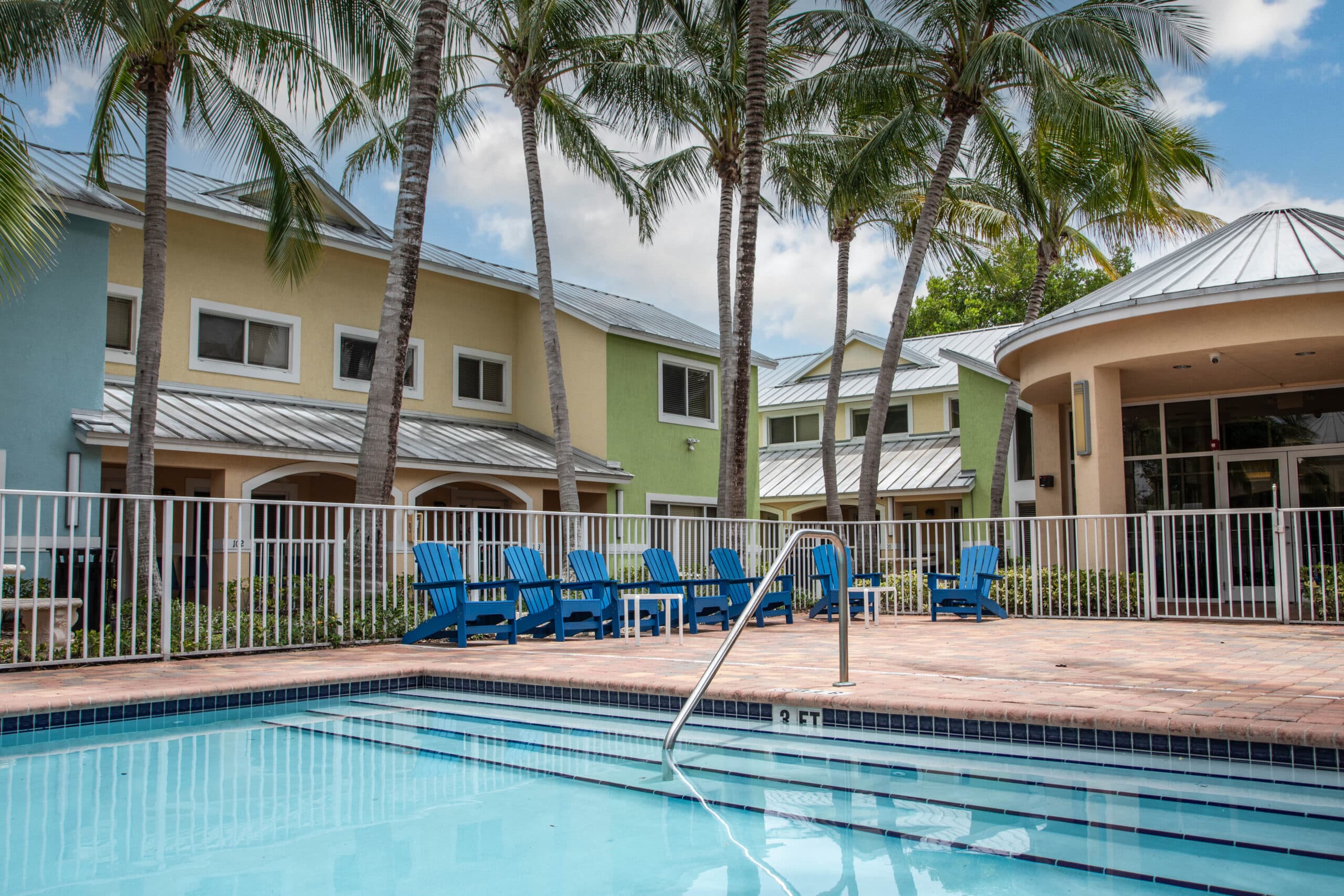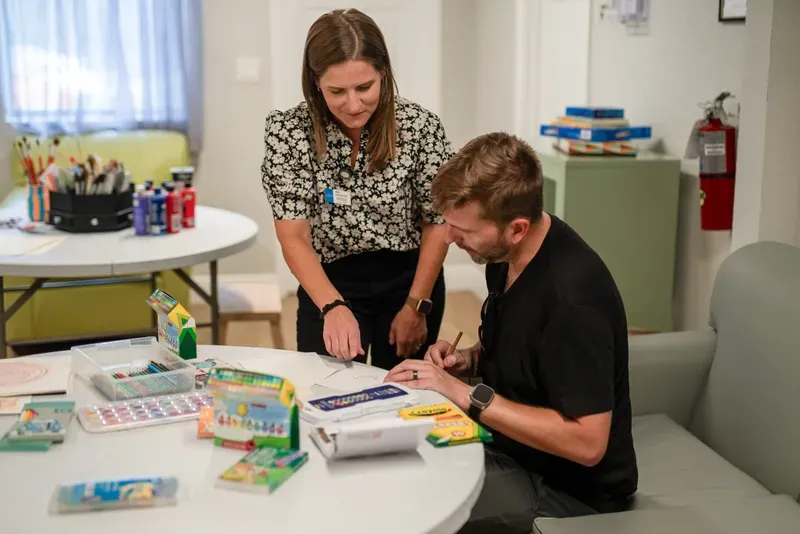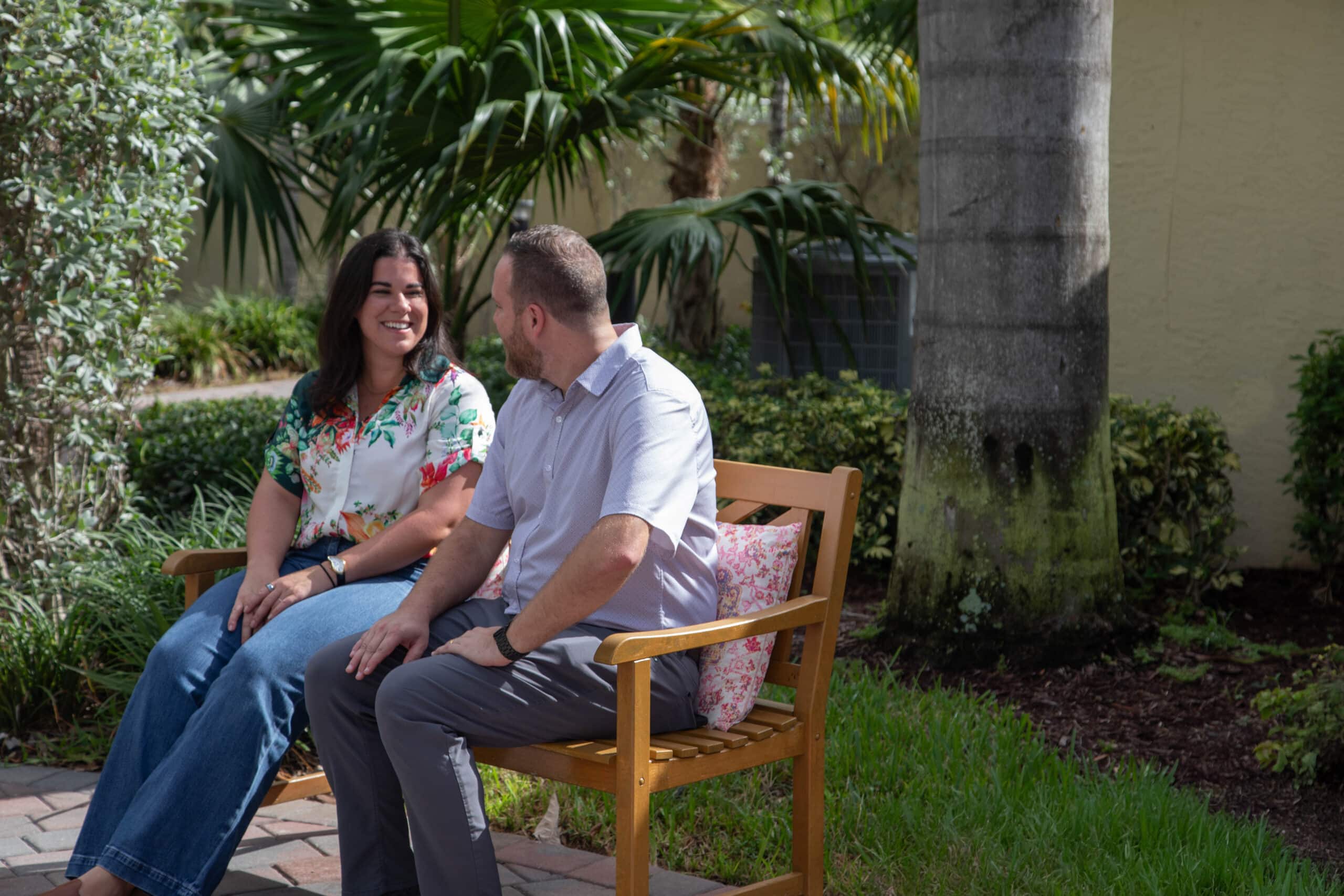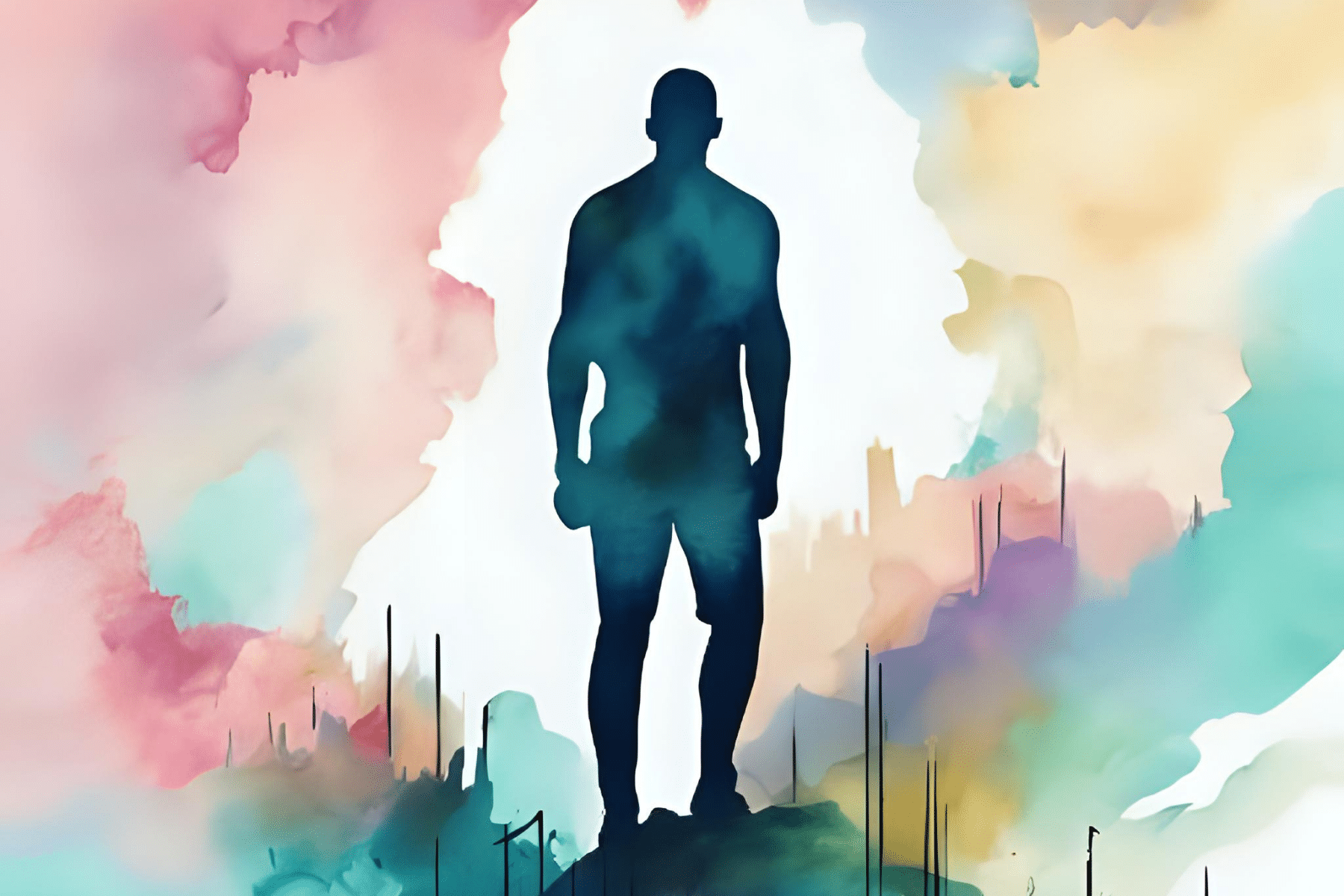Substance Use Disorder
A chronic medical condition that affects brain function and behavior, leading to compulsive substance use despite harmful consequences, substance use disorder often co-occurs with mental health disorders, requiring integrated treatment.

Treatment for SUD at Lifeskills
Lifeskills provides comprehensive, evidence-based treatment for substance use disorder (SUD) and co-occurring mental health conditions. As a dually licensed facility, we integrate 12-step principles with cognitive behavioral therapy, dialectical behavior therapy, and trauma-informed care to address both addiction and underlying psychiatric disorders. Our substance use disorder pathway focuses on mindfulness, emotional regulation, distress tolerance, and interpersonal effectiveness, equipping clients with essential coping skills. With structured clinical programming, relapse prevention strategies, and medication-assisted treatment when appropriate, we help clients achieve lasting recovery and regain control of their lives.
About SUD
SUD is a medical condition characterized by the inability to control the use of substances, such as drugs or alcohol, despite adverse consequences. In 2023, approximately 48.5 million people (17.1%) aged 12 or older in the US struggled with an SUD, including 37 million adults (ages 26+), 9.2 million young adults (ages 18-25), and 2.2 million adolescents (ages 12-17).

Frequently Asked Questions
What is a SUD?
SUD is a chronic condition marked by the inability to control the use of substances like alcohol, prescription medications, or illicit drugs despite adverse effects on a person’s life. It alters brain chemistry, affecting decision-making, impulse control, and emotional regulation. SUD often co-occurs with mental health conditions, such as anxiety disorders, depressive disorders, or post-traumatic stress disorder (PTSD), complicating its impact and progression. The severity of the disorder can vary, but compulsive substance use, tolerance, withdrawal symptoms, and continued use despite physical, social, or legal consequences characterize it.
What are the signs and symptoms of SUD?
SUD manifests in a range of signs and symptoms that can significantly impact a person’s physical, emotional, and social well-being. Key indicators include:
- Increased tolerance – Needing more of the substance to achieve the desired effect.
- Loss of control – Inability to limit or reduce use despite attempts.
- Neglecting responsibilities – Struggling to meet work, school, or home obligations.
- Social + relationship difficulties – Heightened conflict or withdrawal from loved ones due to substance use.
- Risky behaviors – Engaging in dangerous activities while under the influence, such as driving or unsafe sex.
- Physical withdrawal – Experiencing symptoms like anxiety, depression, sweating, tremors, insomnia, and increased heart rate when not using.
- Sacrificing interests – Giving up hobbies, social activities, or work in favor of substance use.
SUD often co-occurs with mental health disorders, such as anxiety, depression, PTSD, and personality disorders — such as borderline personality disorder (BPD) — complicating diagnosis and treatment. Effective treatment requires expertise in dual diagnosis to manage both conditions simultaneously.
When should I seek help for SUD?
Seeking treatment for SUD is crucial when substance use begins to negatively impact daily life, relationships, and overall well-being. Signs that it’s time to seek help include an inability to control use, neglecting responsibilities, experiencing withdrawal symptoms, or engaging in risky behaviors. If you or a loved one experiences these signs, early intervention can help prevent further physical, emotional, and social consequences.
At Lifeskills, our expert team provides personalized care to address both SUD and any co-occurring mental health conditions. Contact our admissions team today to begin your path to recovery.
Our Levels of Care
At Lifeskills, we offer a comprehensive continuum of care to support individuals at every stage of their recovery journey. Our levels of care include detoxification, residential treatment, partial hospitalization, intensive outpatient, and transitional living programs, each tailored to meet the unique needs of our clients.

Your Transformation Starts Now
Take the first step toward a brighter future. Call Lifeskills today or complete our form to connect with a dedicated admissions specialist. Hope and healing are within reach.
Your privacy is our priority. All communication is completely confidential.
Expert Insights + Resources
-

July 18, 2017
Addiction, Codependency and Enabling Behaviors
-

February 24, 2024
Understanding Alcohol Use Disorder: Is It Considered a Mental Illness?

